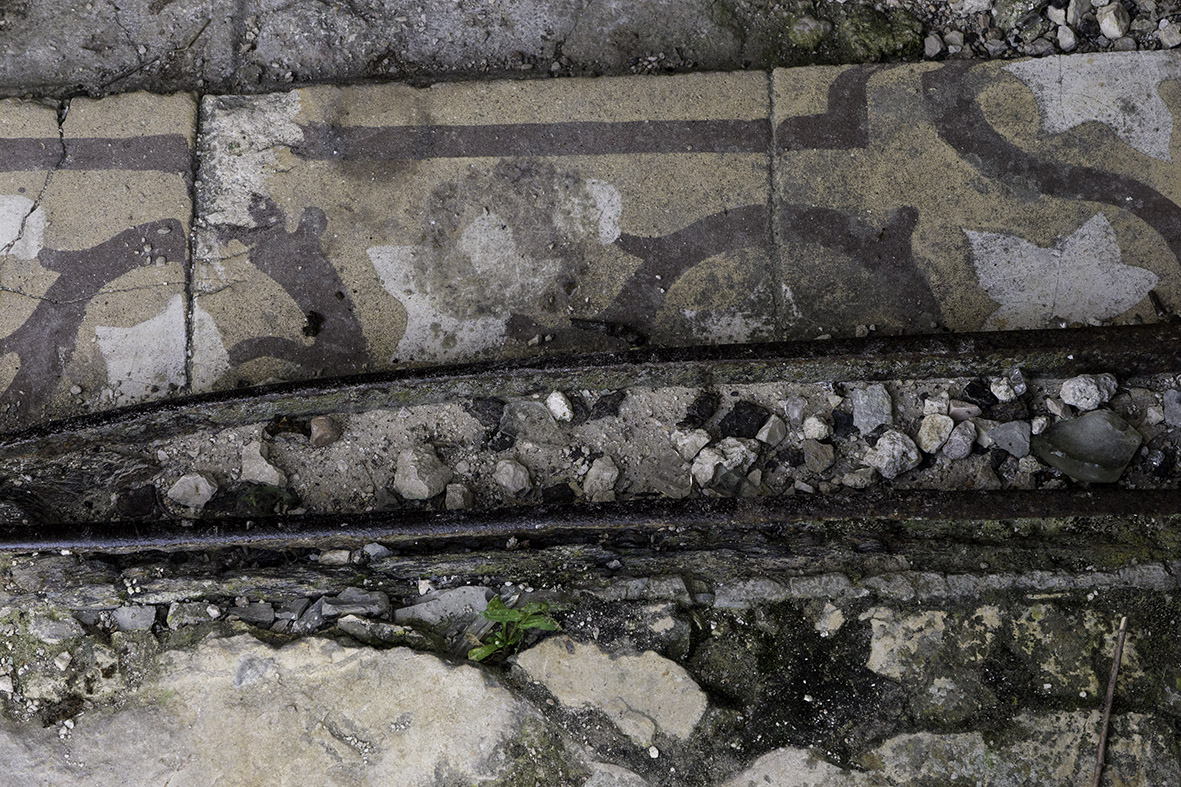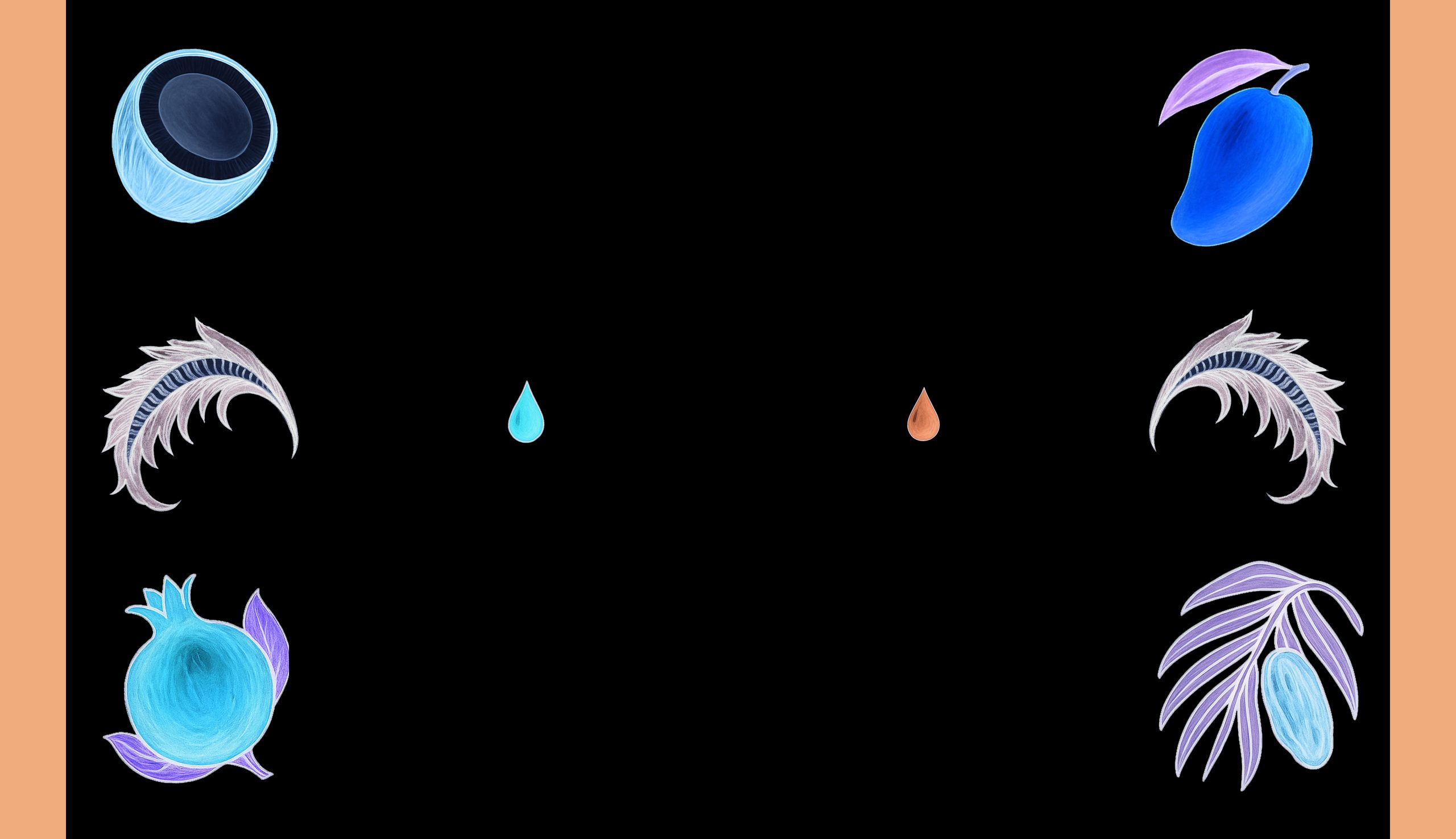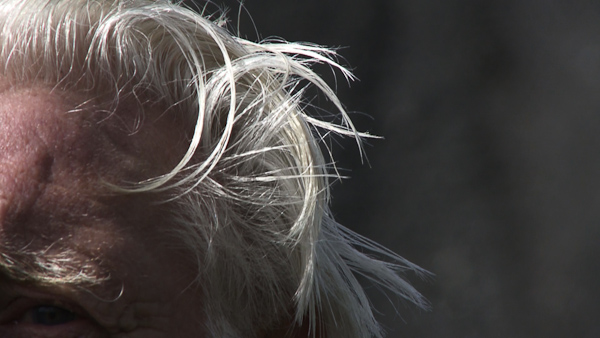In 1838, Swiss naturalist Johann Jakob von Tschudi (1818—1889), commissioned by the Natural History Museum of Neuchâtel, sailed to Peru on a merchant ship filled with fabrics, champagne, and watches. During his journey, which lasted almost five years, he hunted and prepared over a thousand specimens, which he sent to Neuchâtel. This story is not unique: many European museums have collections acquired in a colonial context.
The Naming Natures project, supported by the Swiss National Science Foundation and the Federal Institute of Technology in Zurich, takes a critical look at natural history collections from colonial settings, combining scientific, historical, and museographic approaches. Is it still possible to exhibit these collections? And if so, how can they be presented differently without exoticizing or glorifying the figure of the “great men of science”? What responsibility do museums have towards the communities concerned?
With works by Chonon Bensho, Denise Bertsch, Fabiano Kueva, Ximena Garrido-Lecca, Raúl Silva, Santiago Yahuarcani and many others.
External Link →

















